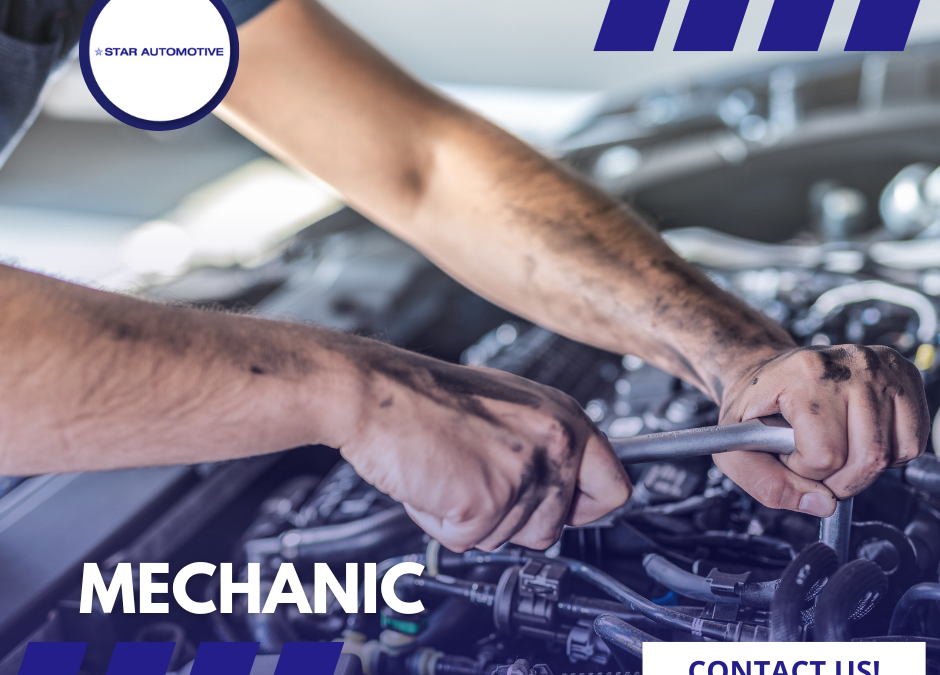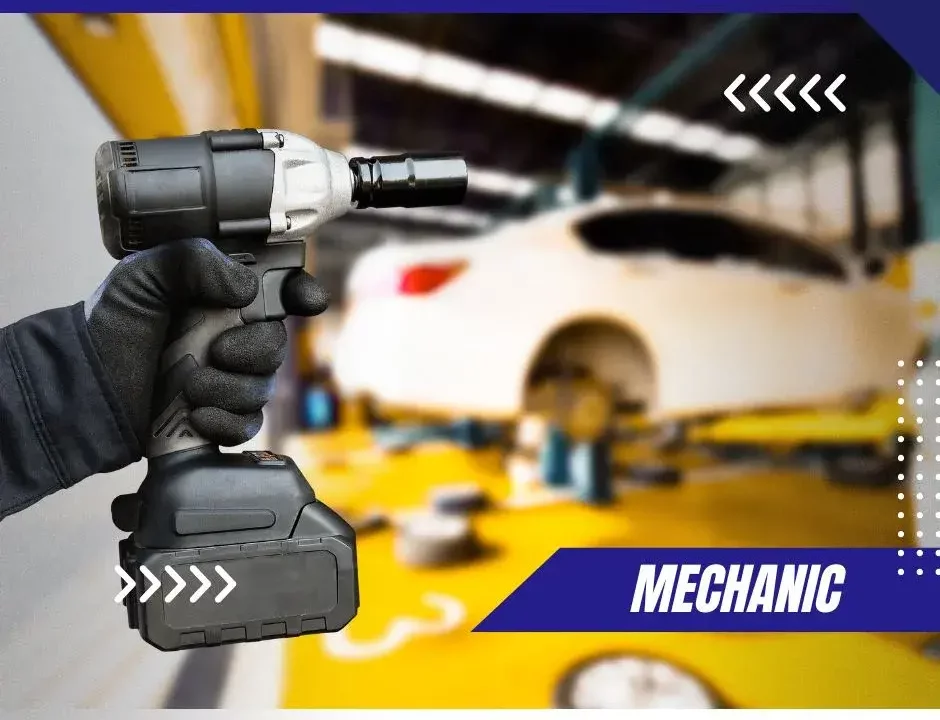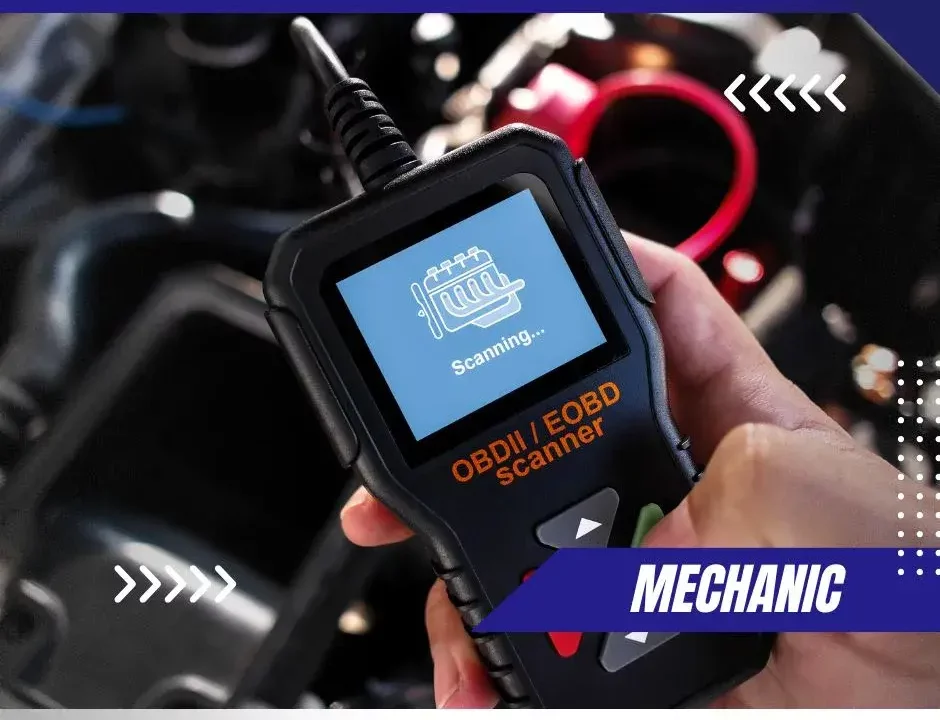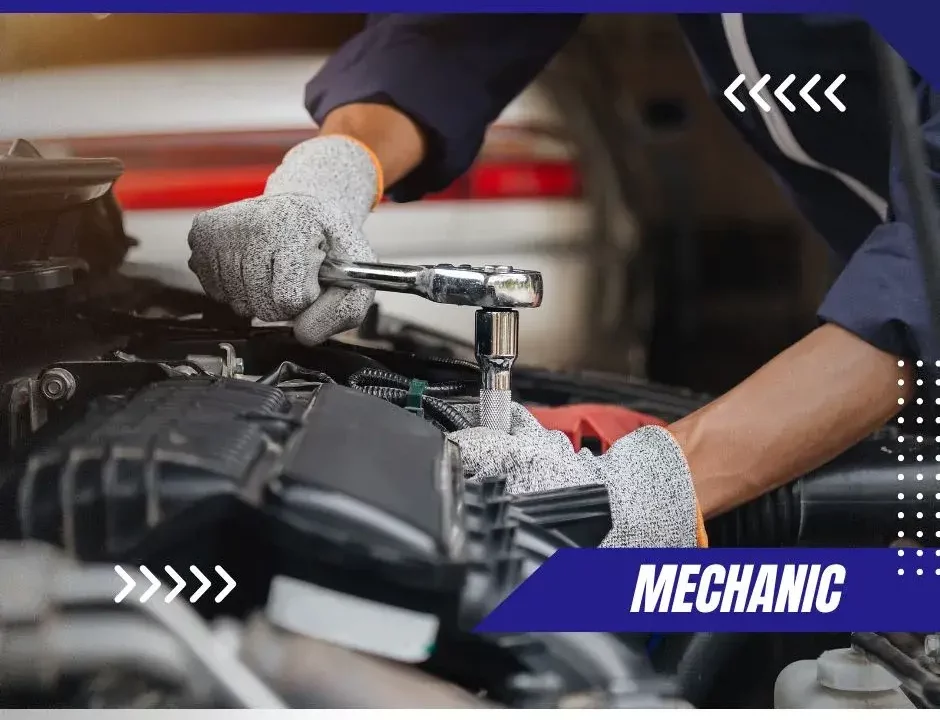
How Auto Repair Experts Diagnose Common Brake Problems
October 4, 2024
How to Choose the Right Mechanic Services for Your Vehicle
October 10, 2024Maintaining a mechanic in prime condition requires more than just routine drives; it demands a methodical approach to essential services recommended by seasoned mechanics. Central to this regimen are regular oil changes, which crucially lubricate engine components and mitigate wear. Equally imperative are brake system checks, pivotal for operational safety. Tire rotation and alignment not only extend tire longevity but also enhance fuel efficiency. Fluid level inspections ensure that vital fluids like engine oil and coolant remain at optimal levels, while diligent battery maintenance prevents unexpected breakdowns. Each of these services plays a crucial role in sustaining your car’s health, but what specific steps should you consider implementing next?
Regular Oil Changes
Regular oil changes are indispensable for maintaining the optimal performance and longevity of your vehicle. The engine oil serves as the lifeblood of your car, lubricating moving parts, reducing friction, and aiding in heat dissipation. Over time, however, oil degrades and accumulates contaminants, which can compromise engine efficiency and lead to premature wear. A methodical approach to oil changes—typically every 3,000 to 5,000 miles, or as specified by the manufacturer—ensures that your engine remains well-lubricated and clean.
For those who take pride in their vehicles, adhering to a regular oil change schedule is akin to a ritual that underscores a commitment to excellence and community standards. It is not merely an act of maintenance but an expression of care and responsibility.
Furthermore, opting for high-quality synthetic oils can enhance performance and extend intervals between changes. Synthetic oils provide superior thermal stability and oxidation resistance, essential for modern engines subjected to rigorous conditions. Your mechanic’s expertise in selecting the appropriate oil type and grade for your specific vehicle model ensures that you benefit from peak performance and reliability.
Thus, regular oil changes are a cornerstone of vehicle health, fostering a sense of belonging within a community that values meticulous upkeep and reliability.
Brake System Checks
A meticulous approach to brake system checks is crucial for ensuring the safety and reliability of your vehicle. Within the intricate ecosystem of automotive components, the brake system stands as a sentinel, safeguarding passengers and drivers alike. Brake inspections are not merely a recommendation but a necessity, particularly given the complex interplay of hydraulics, friction materials, and mechanical linkages that evolve with modern vehicles.
When a mechanic undertakes a brake system check, they scrutinize several critical elements. Brake pads and discs are examined for wear and tear, ensuring they have not reached the minimum thickness. Calipers and rotors are checked for heat spots and deformations that may compromise braking efficiency.
The hydraulic system, including brake fluid, is inspected for leaks and optimal pressure levels, guaranteeing seamless force transmission.
Moreover, attention is given to the brake lines and hoses, ensuring they are free from cracks and corrosion. Anti-lock braking systems (ABS) often require diagnostic checks to confirm their sensors and modules are functioning correctly. These evaluations are not just technical necessities but rituals that provide peace of mind and a sense of community, reinforcing that your safety is a shared priority.
Tire Rotation and Alignment
Frequently overlooked yet fundamentally essential, tire rotation and alignment are pivotal services that ensure the longevity and optimal performance of your vehicle’s tires. Regular tire rotation redistributes the wear and tear that tires undergo, promoting even tread wear. This not only extends the life of the tires but also enhances fuel efficiency and ensures a smoother driving experience. Typically, mechanics recommend rotating tires every 5,000 to 7,500 miles, though this can vary based on your vehicle and driving habits.
Equally critical is wheel alignment, which involves adjusting the angles of the tires to the manufacturer’s specifications. Misalignment can result from various factors, including potholes and curbs, and can lead to uneven tire wear, reduced fuel efficiency, and impaired handling. Proper alignment ensures that your vehicle drives straight and true, providing a safer and more comfortable ride.
Incorporating these services into your regular vehicle maintenance routine not only preserves tire integrity but also fosters a sense of communal responsibility. By maintaining your vehicle’s health, you contribute to safer roads for everyone. Trust your mechanic’s expertise to keep your tires in prime condition, ensuring your vehicle remains a reliable companion on all your journeys.
Fluid Level Inspections
Proper fluid level inspections are a critical component of vehicle maintenance, ensuring optimal performance and longevity. Regularly monitoring and replenishing vital fluids, such as engine oil, coolant, transmission fluid, brake fluid, and power steering fluid, is essential to prevent mechanical failures and maintain efficiency.
Each fluid serves a specific function; engine oil lubricates components, coolant regulates temperature, and transmission fluid ensures smooth gear transitions. Brake and power steering fluids are crucial for responsive braking and steering control.
A methodical approach to fluid inspections involves using manufacturer-recommended guidelines and intervals. Mechanics employ specialized tools and techniques to measure fluid levels accurately, identifying any potential leaks or contamination.
Cultural nuances in driving habits and environmental conditions may influence fluid degradation rates, necessitating tailored maintenance schedules. For instance, vehicles operating in extreme climates or under heavy loads might require more frequent inspections.
Inclusion in a community of diligent vehicle owners who prioritize such inspections underscores a collective commitment to road safety and reliability. This attention to detail not only safeguards individual investments but also fosters a shared responsibility towards environmental stewardship by reducing the risk of hazardous leaks and promoting efficient fuel consumption.
Battery Maintenance
Ensuring optimal battery performance is an essential aspect of comprehensive vehicle maintenance, particularly given the complex electrical demands of modern cars. Modern vehicles are equipped with sophisticated electronics that require consistent battery health to function correctly. Regular battery maintenance can prevent inconvenient breakdowns and extend the lifespan of your car’s electrical system.
Mechanics recommend several key practices to ensure your battery remains in peak condition:
- Routine Inspections: Regularly check the battery terminals for corrosion and ensure they are securely connected. Inspect the battery casing for any signs of damage or leakage.
- Cleaning and Tightening: Clean battery terminals with a mixture of baking soda and water to prevent corrosion buildup. Ensure all connections are tight to maintain a reliable electrical flow.
- Voltage Testing: Periodically test the battery’s voltage using a multimeter. A healthy battery typically reads between 12.4 and 12.7 volts when the engine is off.
These practices not only enhance battery performance but also foster a sense of reliability and trust in your vehicle. By adhering to these recommendations, you ensure your vehicle remains dependable, reflecting a commitment to meticulous care and community-minded responsibility. Embrace these practices to maintain not just a healthy battery, but a healthy connection to your vehicle’s essential functions.
In summation, adherence to routine oil changes and mechanic meticulous brake system evaluations, systematic tire rotation and alignment, comprehensive fluid level inspections, and diligent battery maintenance constitute the quintessence of vehicular stewardship. These practices not only fortify the mechanical integrity and operational efficiency but also subtly mitigate unforeseen exigencies. By embracing these preemptive measures, one ensures the vehicle remains a paragon of reliability and longevity, thereby enhancing the overall motoring experience.
Next article



